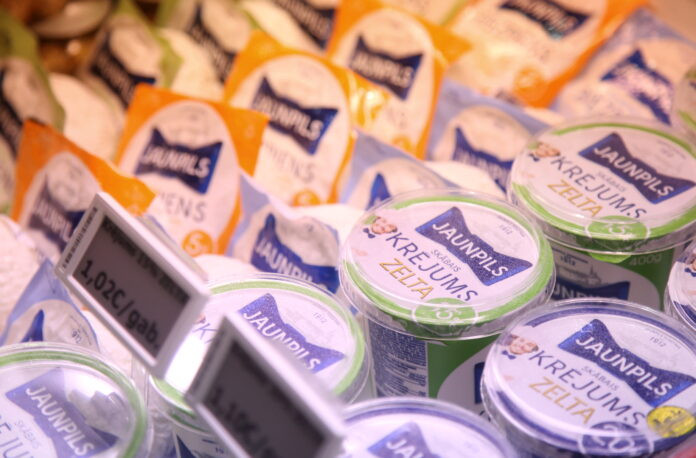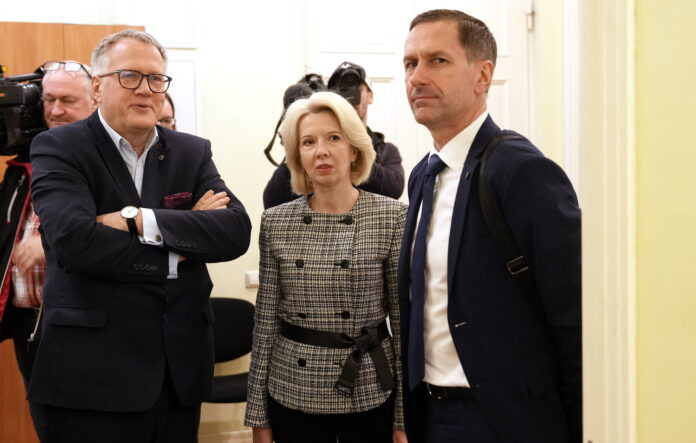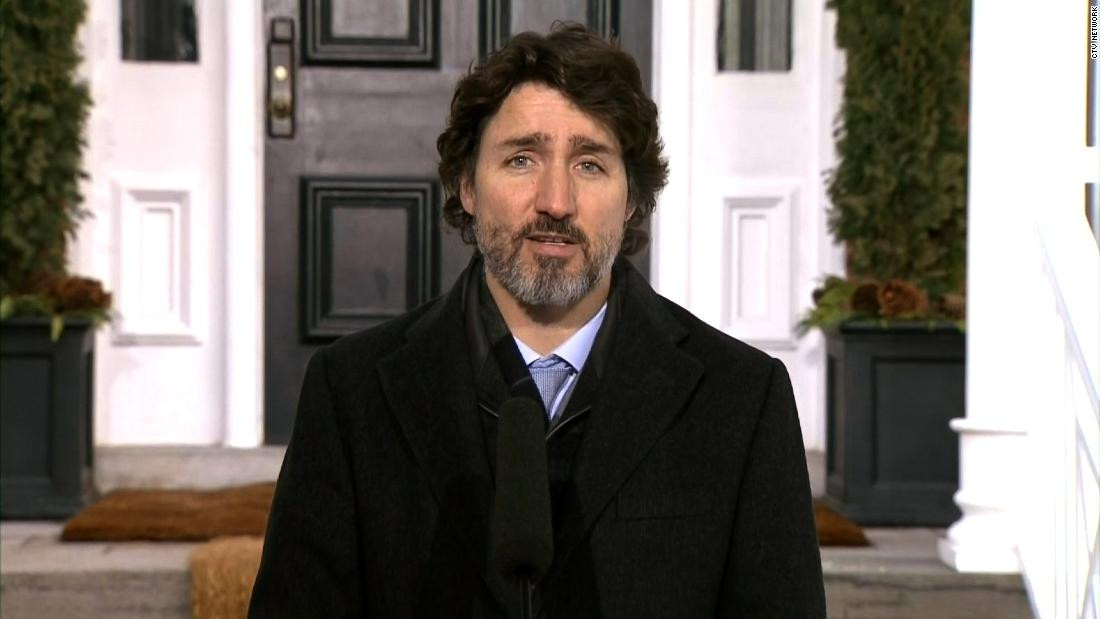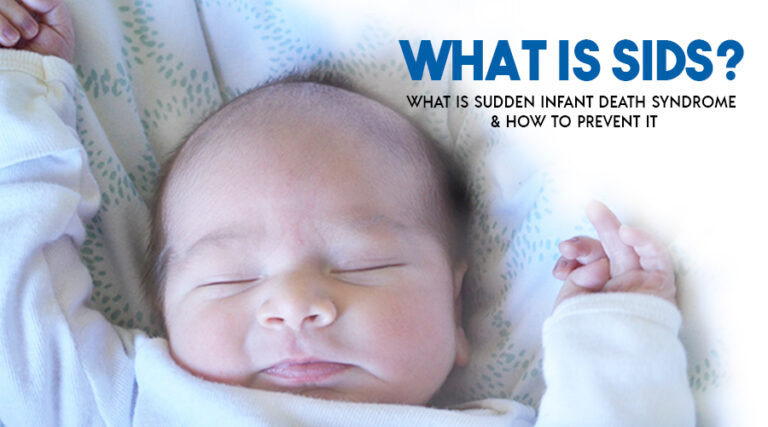Irish Farmers Demand Government Action: VAT Reduction on Animal Vaccines Delayed, IFA Says
The Irish Farmers' Association (IFA) is calling on the Irish government to swiftly reduce the VAT rate on animal vaccines, arguing that the delay in implementing this measure is unwarranted. The IFA contends that the government's commitment to bringing down the current VAT rate of 23% to 0% by 2025 has been unnecessarily protracted and emphasizes the need for immediate action.
Government's Commitment to Reducing VAT
The European Union (EU) VAT directive empowers member states, including Ireland, to lower the VAT on animal vaccines to 0%. In June 2022, the Irish Department of Agriculture pledged to implement this reduction by 2025. However, The IFA believes this timeline is insufficient and underscores the urgency for a quicker implementation.
Impact of VAT Reduction on Farmers
The IFA estimates that reducing the VAT rate on animal vaccines would save Irish farmers up to €10 million annually in the cost of these preventative medicines. The country currently spends almost €40 million each year on vaccines, with 23% of this expenditure representing VAT. The IFA maintains that reducing this burden on farmers would significantly contribute to their financial well-being.
Addressing Vaccine Shortages
The IFA emphasizes the critical role animal vaccines play in protecting and maintaining the health, welfare, and productivity of livestock while reducing the reliance on antibiotics. The association highlights the increasing challenges faced by farmers due to vaccine shortages, particularly during crucial usage periods. The IFA emphasizes that the availability of vaccines when needed is paramount to safeguarding animal health and productivity.
A Call to Action for the Government
The IFA asserts that the government has a responsibility to support farmers and the agricultural industry in their efforts to mitigate antimicrobial resistance (AMR). The association believes that reducing the VAT on animal vaccines presents a cost-effective opportunity for the government to demonstrate its commitment to supporting farmers and reducing AMR. The IFA underscores that this move would not incur any financial costs to the exchequer due to the flat-rate VAT rebate system.
A Step Towards a Healthier Future
The IFA's call for expedited VAT reduction on animal vaccines reflects the importance of these preventative medicines in maintaining animal health and reducing antibiotic dependence. By reducing the financial burden on farmers and ensuring timely access to vaccines, the government can play a pivotal role in fostering a healthier future for the agricultural industry. This move is not only beneficial for farmers, but also for the broader public health as it contributes to the fight against antimicrobial resistance.



















